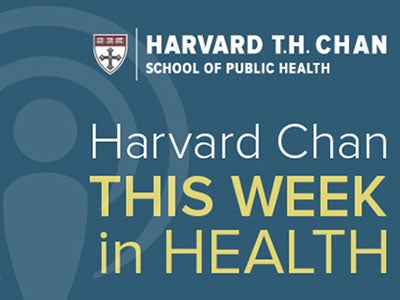Yesterday, a systematic review and meta-analysis looking at the association of butter consumption with chronic disease and all-cause mortality made headlines that sound strikingly familiar. TIME, for example, reported that “the case for eating butter just got stronger” saying “butter may, in fact, be back.”
Butter is not “back,” and the study authors didn’t find this either. In a press release on the study, senior author Dariush Mozaffarian noted that “overall, our results suggest that butter should neither be demonized nor considered ‘back’ as a route to good health.”

What the headlines miss is that in a meta-analysis such as this, there is no specific comparison (i.e. butter vs. olive oil), so the default comparison becomes butter vs. the rest of the diet. That means butter is being compared to a largely unhealthy mix of refined grains, soda, other sources of sugar, potatoes, and red meat (for reference, less than five percent of the US population meet the Dietary Guidelines for Americans). Partially hydrogenated oils—a source of trans fat—were also in the mix, as they would have been high in the food supply during much of the time period of the studies included.
Overall, the study reported that butter consumption was weakly associated with increased total mortality, not associated with cardiovascular disease, and slightly protective against diabetes. These predominantly neutral findings for butter were also acknowledged in the press release:
“Even though people who eat more butter generally have worse diets and lifestyles, it seemed to be pretty neutral overall,” said lead author Laura Pimpin. “This suggests that butter may be a “middle-of-the-road” food: a more healthful choice than sugar or starch, such as the white bread or potato on which butter is commonly spread and which have been linked to higher risk of diabetes and cardiovascular disease; and a worse choice than many margarines and cooking oils – those rich in healthy fats such as soybean, canola, flaxseed, and extra virgin olive oils – which would likely lower risk compared with either butter or refined grains, starches, and sugars.”
Referring to butter as “healthful” is a stretch, because butter is mostly saturated fat, which has been shown to increase total and LDL cholesterol, a well-established risk factor for cardiovascular disease. While we should certainly reduce consumption of unhealthy carbohydrates such as refined starches and added sugars, we should also limit consumption of saturated fat and eliminate trans fat.
Here is the most important takeaway from this study not making headlines: Butter, a concentrated source of saturated fat, is still a worse choice than sources of healthy unsaturated fats such as extra virgin olive, soybean, or canola oils. In daily life, when consumers can choose between butter or one of the many plant-based oils when preparing foods or at the table, they should feel confident that grabbing the oil bottle will be better for their health.
Related:

